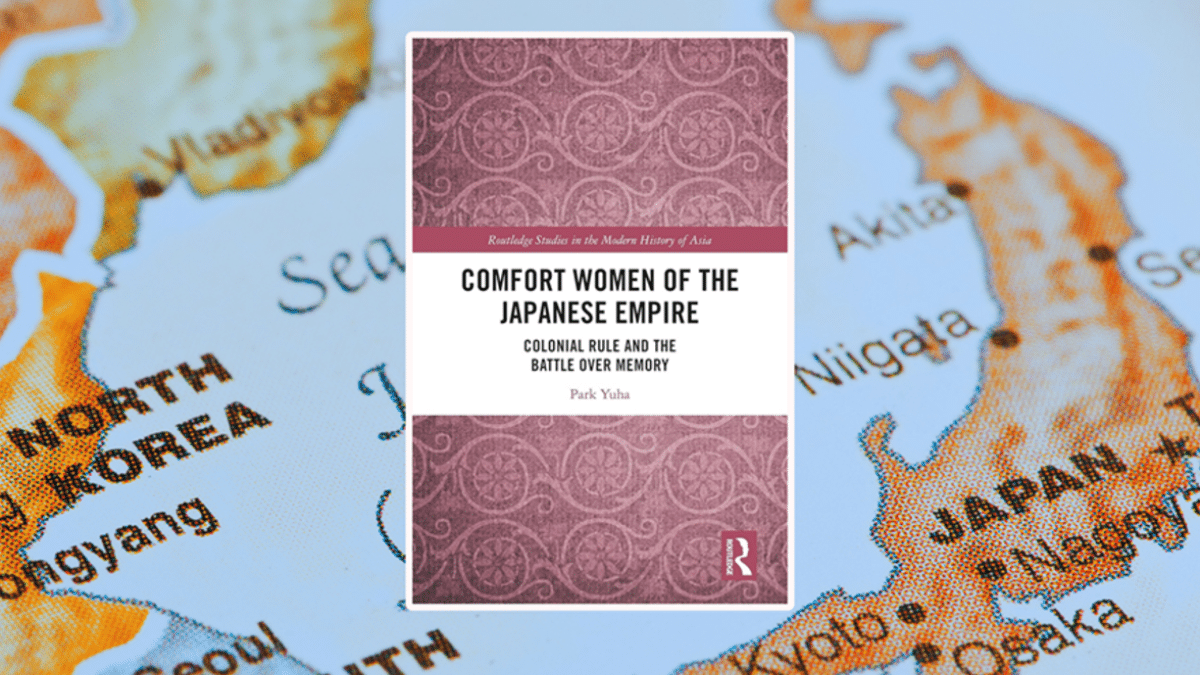Park Yuha’s Comfort Women of the Japanese Empire: Colonial Rule and the Battle over Memory has emerged as a significant contribution to both the field of Asian history and the ongoing debate over Japanese books that tackle difficult wartime subjects. This work, now available in English after its initial publication in Korean and Japanese, offers a nuanced, deeply researched account of one of East Asia’s most sensitive historical controversies: the fate of Korean women who became “comfort women” under Japanese rule during the Asia Pacific War.
Contents
A New Perspective in Asian History
Park’s book stands apart from many other Japanese books on the subject by refusing to present the comfort women solely as passive victims or to cast Japan as the only actor responsible for their suffering. Instead, she situates the issue within the broader context of Japanese colonialism, Korean society, and the complex forces that shaped the lives of these women. This approach has resonated with readers and scholars interested in Asian history, as it challenges simplistic narratives and encourages a more empathetic understanding of the past.
Drawing on survivor testimonies, colonial era documents, and critical analysis, Park brings to light the diversity of experiences among comfort women. Some were deceived or coerced, others were recruited by Korean brokers, and a few even formed bonds with Japanese soldiers. By highlighting these varied stories, Park’s work aligns with a growing trend in Japanese books and Asian history scholarship that seeks to humanize historical subjects and explore the grey areas of the past.
Context and Complexity: Beyond Victimhood
One of the most important contributions of Park’s book is its insistence on complexity. She explores how socioeconomic pressures, family circumstances, and patriarchal structures in both Korea and Japan contributed to the recruitment and exploitation of comfort women. Park also examines the role of Korean collaborators and middlemen, challenging the notion that only Japanese authorities were responsible for the suffering of these women.
This approach does not absolve Japan of its historical responsibility. Park agrees that the Japanese state created the conditions that made the comfort women system possible. However, she also argues that understanding the full context of the era, including the complicity of Korean society and the agency of the women themselves essential for genuine reconciliation and historical clarity.
Reception and Influence: A Landmark in Japanese Books and Asian History
Since its publication, Comfort Women of the Japanese Empire has been widely discussed in both academic and public circles. In Japan, many intellectuals and historians praised the book as a courageous and honest effort to grapple with a painful chapter of Asian history. The book has been recognized for its careful research and its willingness to challenge dominant narratives, qualities that have made it a touchstone for those seeking a deeper understanding of Japanese books on wartime history.
Internationally, the book has contributed to broader conversations about wartime sexual violence, historical memory, and the challenges of reconciliation in postcolonial contexts. Reviewers have called it essential reading for anyone interested in Asian history, Japanese books, or the politics of memory in East Asia. Its balanced, survivor centred approach has been especially praised for bringing humanity and nuance to a subject often overshadowed by political debate.
Academic Freedom and the Battle Over Memory
The publication of Park’s book was not without controversy. In South Korea, she faced legal challenges and public criticism for her candid exploration of sensitive issues, including the involvement of Korean intermediaries. At one point, sections of her book were redacted, and she was charged with defamation, a move that drew concern from advocates of academic freedom and open inquiry.
Park’s eventual acquittal was widely seen as a victory for academic freedom and the right of scholars to pursue independent, evidence-based research even when their findings are uncomfortable or challenge national myths. Her case became a rallying point for those who believe that Japanese books and works of Asian history must remain open to debate and revision, free from political interference.
Empathy and Dialogue: Lessons for the Future
At its heart, Comfort Women of the Japanese Empire is a call for empathy, honest dialogue, and a willingness to confront the complexities of history. Park advocates for survivor focused memorials, joint historical commissions, and open conversations between Korea, Japan, and the wider world. She suggests that only by acknowledging the full spectrum of experiences, including the roles of both Japanese and Korean actors, can genuine reconciliation and healing take place.
Her work reflects a broader movement within Japanese books and Asian history scholarship, one that also values nuance, resists easy answers, and seeks to honor the voices of those who lived through history’s most difficult moments. By listening to survivors, defending academic freedom, and promoting dialogue, Yuha’s book offers a model for how societies can move beyond blame and toward a more truthful, compassionate understanding of the past.
Comfort Women of the Japanese Empire is more than just a contribution to Japanese books or a case study in Asian history. It is a powerful reminder that history is not static and that our understanding of the past must be open to revision, empathy, and honest debate. Yuha’s work stands as a testament to the importance of academic freedom, the value of survivor voices, and the enduring need for cross cultural understanding in a region still grappling with the legacies of empire and war.

